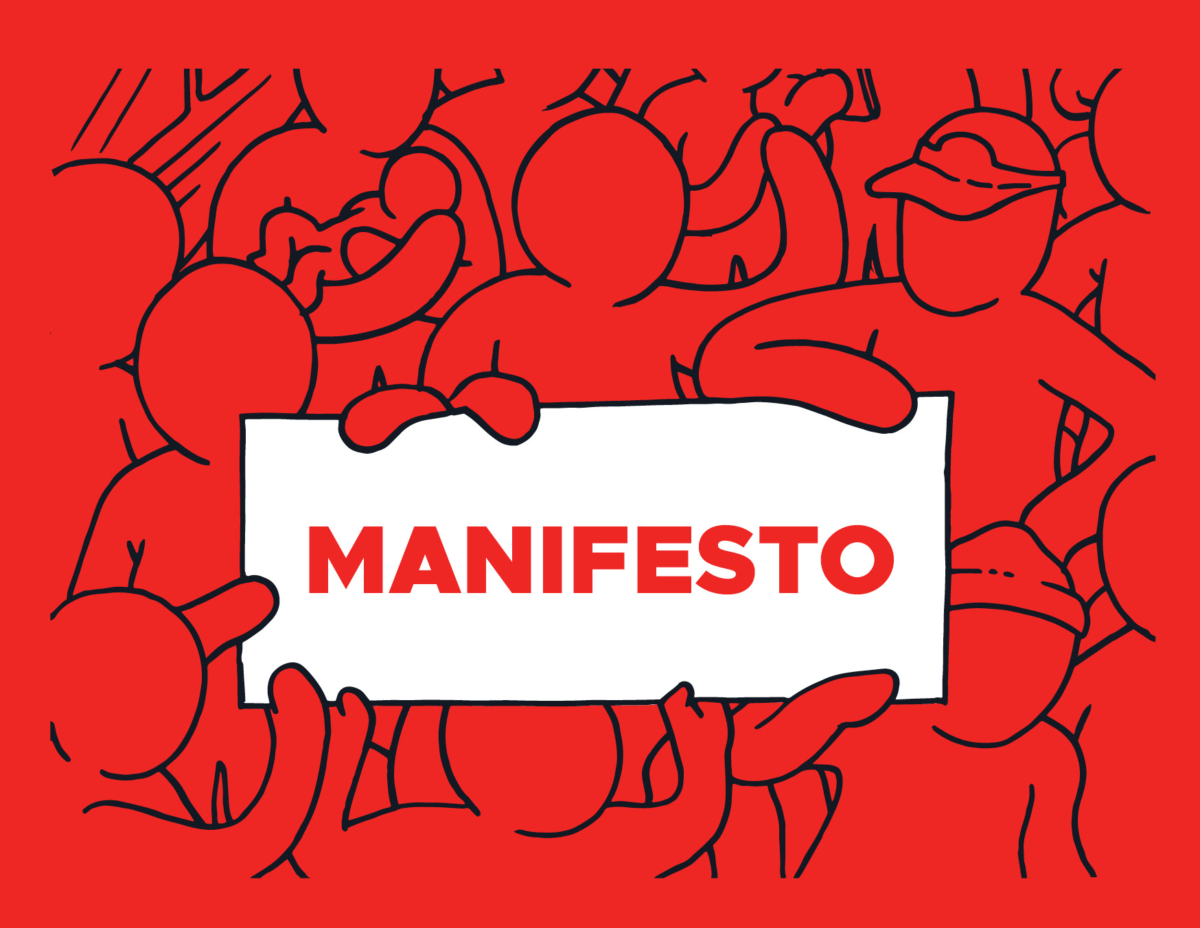
A character of lead is one who is yet to be affected by the energy of your story. They might be a peasant, or the son of a blacksmith, or the daughter of any random family. In principle, such a character could be practically anything as long as they are not in any way enlightened.
Lead is a metaphor for the base condition of man. In this sense, the lead represents the lowest possible spiritual level. A character at this level is yet to hear the call to adventure, and has no concept of it. They will not believe in God, or in anything spiritual (although they might claim to). They will be a human being in their natural, material state.
Going back to the metaphor of light, a character of lead could be considered entirely unilluminated. There is no higher order in them; their daily lives are characterised by fear. Lead is sometimes represented by the planet Saturn, this being the furthest from the light of the Sun. As such, it is sometimes represented by an old man with a wooden leg and a scythe, all three components suggesting death.
A character of lead has no higher calling, or even any idea of what that would feel like. They have no great battle to win, whether external or internal. Their lives tend to be a string of battles against whichever adversary appears in the moment. This is usually whoever is preventing them from gratifying whichever impulse is currently gripping them.
Three of the most salient features of lead are that it is soft, dark and dense.
Characters of lead are soft because they are passive. This softness is not physical but spiritual. Lead is extremely easy to bend, and this is also true of characters of lead. Men and women of lead are not the ones that will stand up and lead a rebellion against a tyrannical king. Instead, they yield.
This softness doesn’t prevent passive aggression. Characters of lead are capable of all kinds of passive aggression, but they lack a conception of honour. Therefore, they are not hard enough for direct assaults, and must slink about in the shadows looking for the backstab.
Characters of lead are dark in the sense that they are of the soil and live close to it. It’s likely that such a character will be dressed in blacks and browns, perhaps of sackcloth. Their facial expressions are commonly “leaden-faced”, and their manner of walking can be described as “leaden-footed”.
In many cases, the emotions of characters of lead will also be dark. Because of the absence of spiritual enlightenment, characters of lead take offence easily and hold bitter grudges for a long time. Sometimes their low frequency will make them stand out in a room of people. They regularly appear sinister to characters of higher frequencies.
Lead is also dense. This reflects the way that characters of lead are often described as not very intelligent. A character of lead is one that has extreme difficulty learning from adversity or changing their behaviour to avoid future suffering, at least in the long term.
On a metaphorical level, this density means that they are not easily affected by light. A character of lead might find themselves in the presence of a highly spiritual individual and not appreciate it. Spiritual insight is to characters of lead as pearls before swine.
Characters of lead might be noteworthy for an advanced sense of smell. Being of lead, they tend to be very close to nature, and to the soil. This can give them certain advantages. Whereas the more refined characters might be precious on occasion, the characters of lead are perfectly happy wallowing in the mud.
A character of lead can be motivated by anything, usually whatever instinct happens to flow through their veins at any moment. Typically this is fear – having no spiritual sense, the character of lead has no reason to be brave about anything. A fear of death is perhaps the most salient feature of their mentality.
Despite being passive, a character of lead can provide an impetus to your story. Their fear of death may cause them to take a cowardly action that sets off a chain of reactions. Someone else may have entrusted them with the responsibility of standing firm, only to have them yield.
Characters of lead tend to be young, because lead represents the earliest stage in development. A callow youth who is yet to learn any major life lessons, and as such does not respect his betters, is archetypal. A middle-aged character of lead might be pitifully immature, having failed to learn from their mistakes. An elderly character of lead might be on death’s door, life’s spirit leaving them.
Characters of lead tend to cause a lot of strife. Although they don’t have the outright fondness for violence that marks out characters of iron, their lack of spiritual refinement makes them unforgiving. As such, they are prone to petty feuds and grievances. The tendency is for them to leave destruction in their wake.
Because characters of lead don’t tend to have any spiritual sense at all, it’s very rare for them to think about life after death, or even further ahead than the next winter. If another character tries to speak to them about spiritual subjects, they’ll probably get a shrug. They don’t share the contempt for the spiritual possessed by the characters of iron and silver – they’re simply indifferent.
Piss and fart jokes, on the other hand, are greatly amusing to characters of lead. In fact, the more crass and vulgar the better, because that will more vigorously stick it to the snotty characters of silver and mercury. Toilet humour is the perfect accompaniment to characters of lead.
It’s common for characters of lead to serve as thieves or rogues. This is because they have very little in the way of moral compunctions – at least not when it comes to other people’s suffering. When it comes to their own suffering, on the other hand, they can be just as precious as anyone else.
In summary, characters of lead occupy the bottom rung of spiritual development. As such, they represent humans in their unrefined state. Characters of lead are not necessarily evil, although they are certainly capable of evil acts. This level is often where the protagonist of your story will start, and will only transform once the magic of your story begins.
*
This is an excerpt from The Alchemy of Character Development by Viktor Hellman, the sixth book in the Writing With Psychology series.
*
If you enjoyed reading this essay, you can get a compilation of the Best VJMP Essays and Articles of 2019 from Amazon for Kindle or Amazon for CreateSpace (for international readers), or TradeMe (for Kiwis). A compilation of the Best VJMP Essays and Articles of 2018 and the Best VJMP Essays and Articles of 2017 are also available.
*
If you would like to support our work in other ways, please consider subscribing to our SubscribeStar fund. Even better, buy any one of our books!



